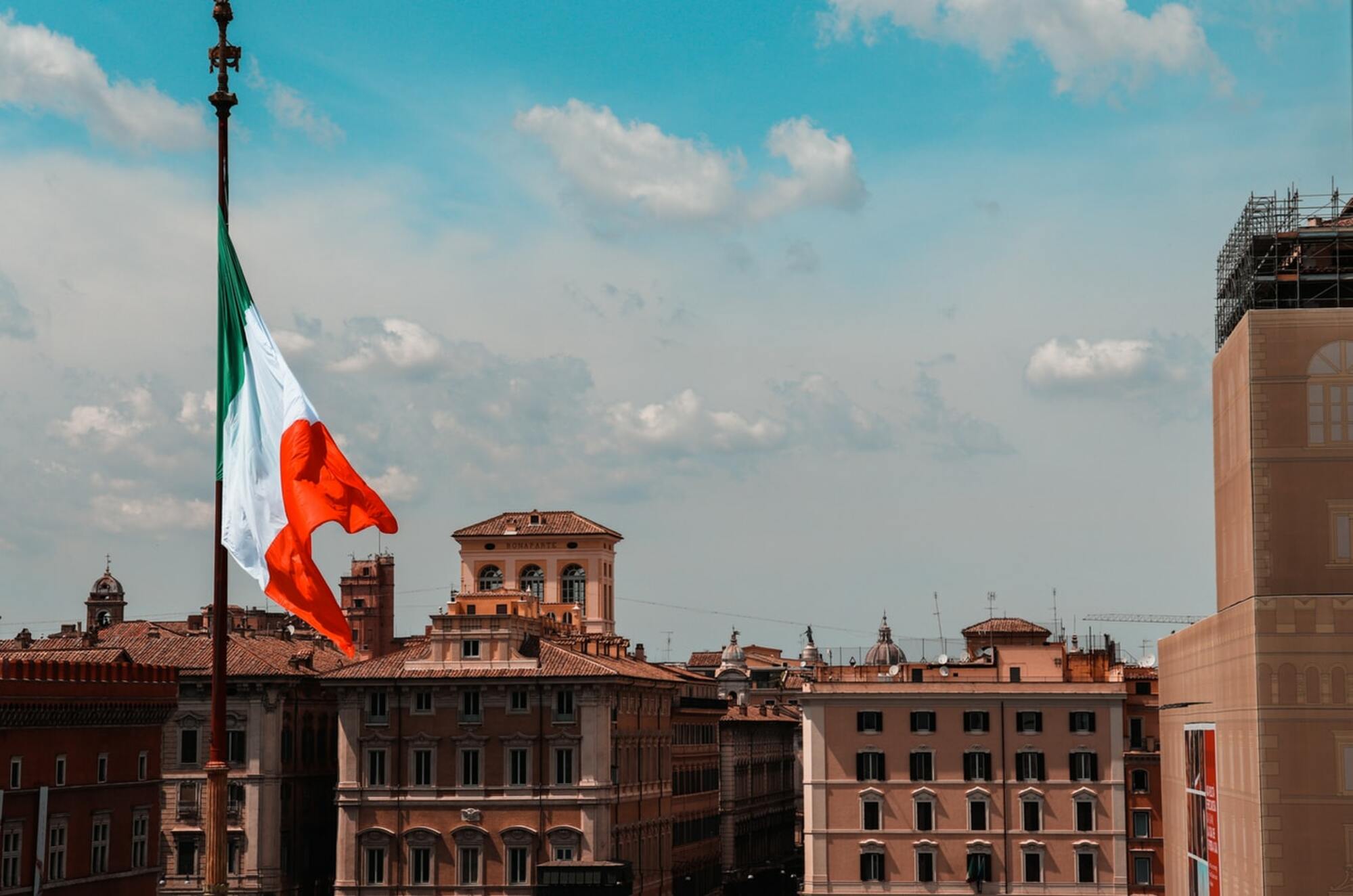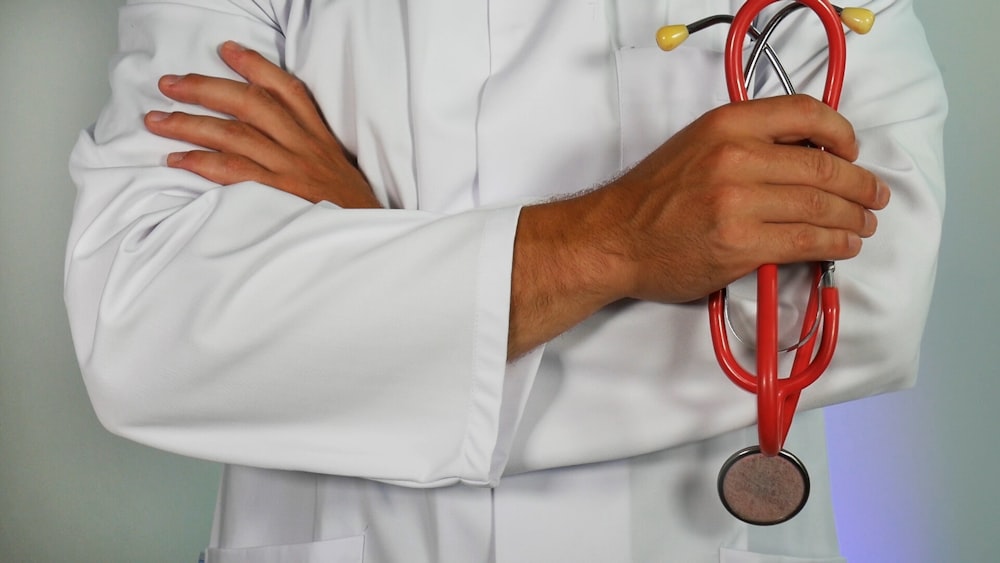
The Ministry of Health pays the cost of medical services. Local structures exercise management and control.
Healthcare in Italy: paid or free?
The overwhelming part of the costs of the treatment of Italians lies with the state. The rest of the amount (a receipt called a “ticket”) is paid by the patient himself. It is a certain percentage of the total cost of outpatient appointments, vaccines, and medicines, which varies from region to region. Such almost free medical care is guaranteed not only to citizens but also to foreigners. An immigrant who permanently resides in the country and holds a valid residence permit (residence permit) has the right to register with the National Health System and receive medical care in Italian medical institutions in the same way as Italian citizens.
Even illegal immigrants who do not have a residence permit in Italy have the right to receive emergency medical care. Also, the staff of medical institutions, accepting illegal immigrants, does not have the right to disclose information about their stay on the territory of the hospital to law enforcement agencies. Therefore, even being in the country illegally, they can go to medical institutions without fear of anything. They will also deal with the pregnancy and childbirth of any woman free of charge.
Registration with the National Sanitary Service (Servizio sanitario nazionale – SSN)
Every foreign immigrant with a residence permit can register in the SSN on the following grounds:
- work in Italy (permanent, non-permanent, seasonal);
- family reunification;
- political or humanitarian asylum;
- pending adoption or citizenship.
To do this, you need to go to the medical institution at the place of residence (azienda sanitaria locale – ASL). You also need to present the following documents:
- a certificate of registration (certificato di residenza);
- a valid residence permit (permesso di soggiorno, carta di soggiorno) or a request for its issuance/renewal;
- and tax number (codice fiscale).
Registration in the SSN entitles you to receive a free health card (and the corresponding medical care in Italy) with a validity period equal to the duration of the residence permit.
Those who do not qualify for enrollment can take out private health insurance or voluntarily enroll in SSN by paying a certain amount. This amount must be paid regularly once a year. The contribution amount is 387.34 euros (149.77 euros for international students).
Family doctor
It is possible to choose a doctor at the medical institution in which you received a health card. Children under 14 years old are supposed to have a free pediatrician.
What family doctor services are free of charge:
- Examination at the outpatient clinic and house call;
- Writing prescriptions;
- Issuance of directions for analyzes;
- Medical certificates for work, school, kindergarten, university, etc.
A family doctor has the right to treat no more than 1,500 patients. At any time, without explaining the reasons, you can refuse the services of one doctor and choose another from the corresponding lists of the local sanitary service. The family doctor also has the opportunity to refuse a patient by submitting a written statement with detailed justification.
Tickets in the healthcare system in Italy
The ticket is a fixed quota for payment of required medical services or drugs, which partially covers the costs. All medicines in the country are divided into three categories. Category A drugs are dispensed to patients free of charge by prescription.
Category B drugs are also prescription drugs, but they are partially covered by patients. Category C includes non-prescription drugs, which Italians pay entirely out of their own pockets.
Who is exempt from paying the ticket:
- Citizens belonging to certain preferential categories, according to age and income;
- Citizens suffering from chronic diseases;
- Citizens suffering from rare diseases;
- Citizens with disabilities or equated to them;
- Pregnant women;
- Citizens who donate blood, organs, and tissues of the spinal cord;
- Citizens infected with HIV and suspected of it;
- Citizens affected by mandatory vaccinations or blood product transfusions;
- Prevention of certain cancers for certain categories of citizens.
Obtaining a residence permit based on receiving treatment in Italy
If you decide to go to Italy for treatment, then you need to contact the Italian Embassy with a request to obtain a special type of residence permit in Italy.
To do this, you will need the following documents:
- A call from an Italian medical institution indicating the type of treatment and its duration;
- Receipt for depositing 30% of the amount of treatment to the account of an Italian medical institution;
- Documents – bank statements – confirming the possibility of paying all expenses – for treatment, accommodation, and meals – in Italy;
- Medical certificates about the presence of the disease.
All certificates must be translated into Italian and apostilled.

